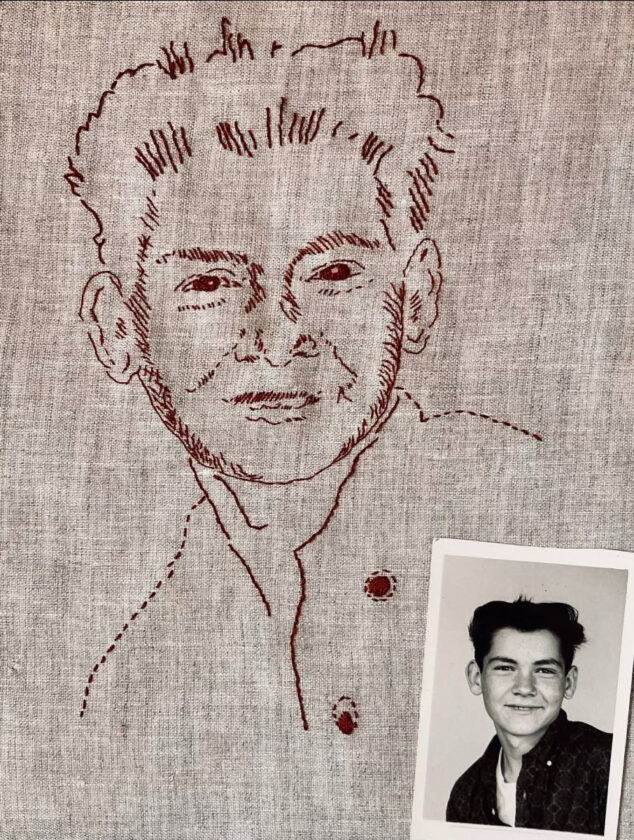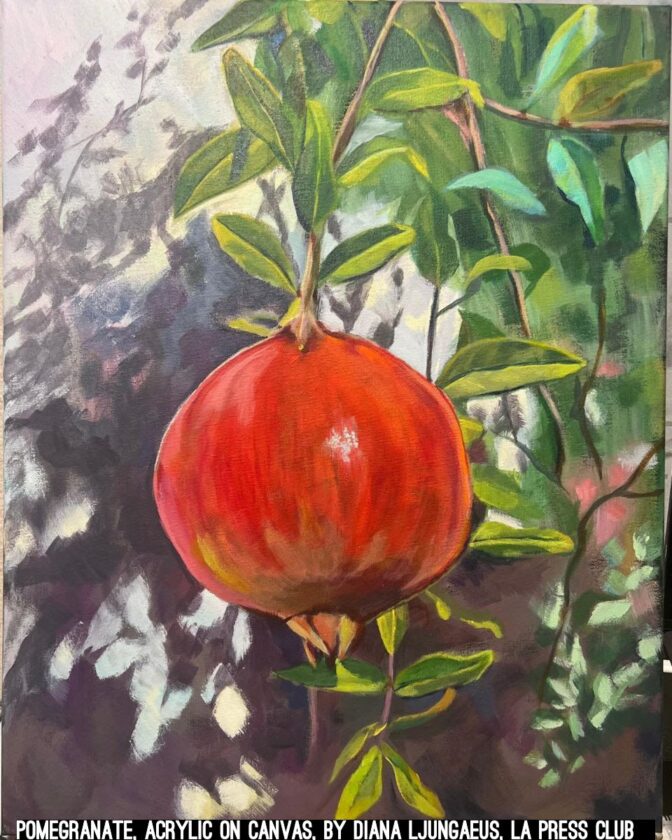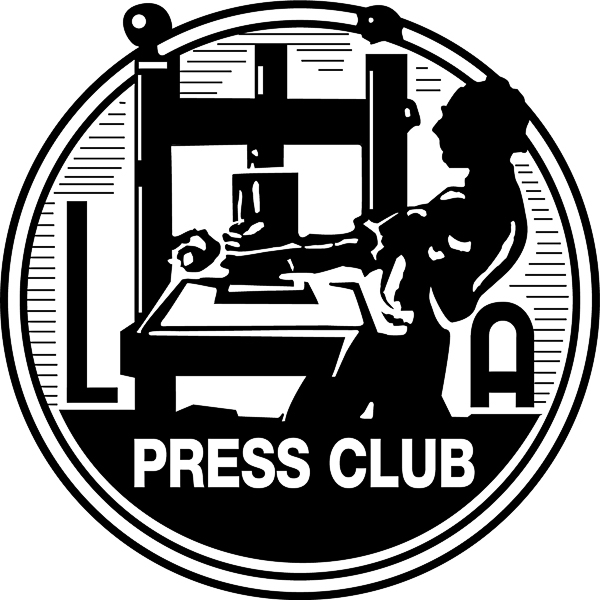Style guides are a handy resource for any journalist. Many newsrooms subscribe to the Associated Press Stylebook or similar, which may be supplemented by a shorter “house style” document. Larger newsrooms may develop their own guide in-house. All evolve along with society and modern language.
Expert organizations often publish their own resources that help journalists cover topics that are sensitive, technical and/or overlooked by most style books. These resources can be helpful for newsrooms to update their current style guides and for individual journalists when their house style falls short. Remember that these are only suggested approaches. It may be good to evaluate multiple perspectives. You should always question terms and try to understand why something is or isn’t appropriate. Pay attention to the source, as some are from independent journalist organizations, some are academic, and others may have a PR interest (ex: government or advocacy groups).
If you can’t find a guide for a specific topic, check the “general/comprehensive” section. If you know of a good one we’re missing, email pressrights [a] lapressclub.org. We’d like to identify more independent options for Firearms, Hate and Political Extremism, Information Security, and Misinformation.
Aging
- Guidelines for Age-Inclusive Communication by Changing The Narrative
- Media Takes: On Aging by the International Longevity Center and Aging Services of California
ARAB & MIDDLE EASTERN Communities
- AMEJA Guides & Resources by the Arab and Middle Eastern Journalists Association
Asian American Communities
- AAJA Style Guide by the Asian American Journalists Association
Black Communities
- NABJ Style Guide by the National Association of Black Journalists
- Color of Change
Disabilities
- Disability Language Style Guide by the National Center on Disability and Journalism (also available in Spanish)
- Disability by APA Style
- NOTE: For mental disability, also see additional guides under “mental health” below.
General/Comprehensive
- Conscious Style Guide by a team of journalists and academics
- The Diversity Style Guide by journalism nonprofits and academics
- Fact Sheets from the Think Tank for Inclusion & Equity (more than a dozen concise guides: East Asians, Latinx People, Middle Eastern & North African People, Muslims, Older Adults, U.S. Military Veterans, etc.)
- NAHJ Cultural Competence Handbook by the National Association of Hispanic Journalists
- Race-Related Coverage by the Associated Press
- Nonviolent Language for Lens-Based Work by Diversify Photo
Guns, Mass Shootings and Violence
- Covering Mass Shootings: Resources for Journalists by the Dart Center for Journalism and Trauma
NOTE: Journalists unfamiliar with firearms and other weapons are prone to misusing technical terminology that has very precise meanings, sometimes with serious legal implications. A bullet is NOT a round, a magazine is NOT a clip, a revolver is NOT a pistol, etc. If unfamiliar, double check all terms.
Hispanic and Latino/Latinx Communities
- NAHJ Cultural Competence Handbook by the National Association of Hispanic Journalists
Homelessness
NOTE: Guide currently in development with the Los Angeles Press Club and several partners.
Information Security (a.k.a. InfoSec, Cybersecurity)
- Cybersecurity Style Guide by BishopFox (NOTE: non-journalist, private company)
LGBTQIA+ Communities
(gender issues including lesbian, gay, bisexual, transexual, transgender, queer, etc.)
- The Stylebook on LGBTQ Terminology by NLGJA: The Association of LGBTQ Journalists (also available in Spanish)
- GLAAD’s Media Reference Guide (NOTE: non-journalist, advocacy organization)
- Trans Journalists Association’s Style Guide
Medicine (general)
- AMA Manual of Style by the American Medical Association (subscription, but it may be accessible with a library card)
- Johns Hopkins Medicine Style
- Citing Medicine: National Library of Medicine Style Guide
- Yale School of Medicine Writing Style Guide
Mental Health, Drugs and Suicide
- National Institute on Drug Abuse Media Guide (NOTE: non-journalist, government)
- Media Resources by TEAM UP (Tools for Entertainment and Media)
- Suicide Reporting Recommendations from the American Association of Suicideology
- Reporting on Suicide comprehensive website by a broad coalition of media and experts
- Mental Health in the Media Style Guide by American Public Media
- BuzzFeed’s Style Guidelines for Writing About Mental Health
- Words Matter: Reporting on Mental Health Conditions by the American Psychiatric Association
- The NAMI Editorial Guide (internal) by the National Alliance on Mental Illness
- Why Suicide Reporting Guidelines Matter by the National Alliance on Mental Illness
- The Power of Perceptions and Understanding: Changing How We Deliver Treatment and Recovery Services by the Substance Abuse and Mental Health Services Administration (SAMHSA) (NOTE: non-journalist, government)
NOTE: It’s a good practice to include an editor’s note in stories about suicide that directs people to a 24/7 suicide hotline.
Military and Veterans
- Army Public Affairs AP Stylebook Quick Reference (NOTE: non-journalist, government – consider if deviations from AP style or supplements are to enhance military PR)
- Publication Style Guide by the American Legion (NOTE: non-journalist, nonprofit – internal document may be useful, but consider if an advocacy is intended)
NOTE: Veterans (particularly Marines) frequently object to terms like “ex-Marine” and occasionally “former Marine,” though it’s broadly understood the latter means no disrespect.
Native American
- IJA Reporting Guides (a series of topical guides) by the Indigenous Journalists Association (formerly known as the Native American Journalists Association); good ones to start with include their AP Style Insert, Tribal Nations Media Guide and Reporting and Indigenous Terminology Guide
- How To Talk About Native Nations by the Native Governance Center
Religion
- The Religion Stylebook by the Religion Newswriters Association
Trauma and Disasters
- Style Guide for Trauma-Informed Journalism by the Dart Center for Journalism and Trauma
- Resources on Disaster by the Dart Center for Journalism and Trauma
NOTE: Given the intense nature of some topics, journalists may find themselves dealing with trauma. Vicarious trauma is real trauma. If you need help, a good place to start is the Journalist Trauma Support Network from the Dart Center.



